Any government can easily undermine its credibility if it sends mixed signals on essential policy issues or initiatives, flip-flop from one policy or strategic direction to another, and turn essential socioeconomic frameworks into a yo-yo game. The outcome and resultant consequences have been consistent: a total erosion of integrity and trust in the government. This has been more glaring in the critical decision on Nigeria’s government size and its twin, cost of governance. In government, size matters! But what matters most is the ideological underpinning of what determines size, relative to goals and objectives. The size of the government in Nigeria has, over the years, been a contentious issue, primarily because of its linkage with bloated bureaucracy, huge recurrent expenditure, and negative impact on economic growth. It is common sense that as the size and cost of the government skyrocket, there will be less funding for development interventions.
At this time, we can see that the more specific challenges and consequence of not having the right service architecture that matches context, resources, and state objectives are manifested in the multiplicity of Ministries, Departments, and Agencies (MDAs) that perform similar functions or have overlapping responsibilities, hence the increased cost of governance and an increasing misery index. This “misery index” reflects the challenges faced by the average citizen due to the inefficiencies and redundancies in the government system.
These challenges have been the bane of governance in Nigeria and merit attention. Successive administrations in Nigeria recognized this elephant in the room and set up processes to tackle these challenges. One would have wondered why it is taking too long to streamline government and governance when everyone knows and agrees it needs to be done. The answer lies in one thing – the political will and courage to take an action that has enormous political ramifications and may affect millions directly and indirectly, supposedly in terms of government jobs and the quality of services the government provides. The current administration acknowledged this inverse relationship between the ballooning size of government and economic growth. Hence, at various times, the president had promised to streamline the size of government ministries, departments, and agencies. The president made several consequential statements to address the challenge of the unsustainable size and cost of government. The most applauded was his commitment to implementing the Steve Oronsaye report on mergers and streamlining of government agencies. This column dealt with the issue in a piece titled “High Cost of Government, Low Outcome“. In that piece, it was my argument then as it is now that “I acknowledge as a fact that a US-type presidential system tends to be big by constitutional requirements. And in a country where the government is both an industry and a social welfare institution, the tendency for big expansive government is high”.
Nearly a year later, the government is clearly in a dilemma. Instead of streamlining the size of government, we are likely to see MDAs increase by the end of the year. In the past six months, the National Assembly has initiated bills to create more than two dozen new agencies and institutions. According to Order Paper, a parliament watchdog publication, under its Oronsaye Report Tracker project, 25 establishment bills have been passed since the presidential proclamation. Most recently, President Bola Tinubu signed the Acts establishing the Southeast and North-West Development Commissions into law. Mr President also announced the creation of the Ministry of Livestock Development, the 49th Federal Ministry. The presidential think tank suggests that the Ministry of Livestock is the silver bullet that will solve the perennial farmer-herder conflict, assuming that the Ministry of Agriculture is not fit-for-purpose agency to manage such.
Several new agencies and commissions have already been established between the Buhari administration’s last days and the Tinubu administration’s promise to implement the Oronsaye report. Some of such institutions are the Nigeria Data Protection Commission, the National Social Investment Programme, and the National Senior Secondary Education Commission. It appears that this is an unending exercise. The bourgeoning of government ministries and agencies paints a picture of desperation and a government throwing everything it has at solving intractable socio-economic challenges or improving standards, but in reality, it is adding to the problem of an over-bloated government without the efficiency needed to deliver on the ethos of a public-private partnership model for economic growth.
Dangote Refinery
It is evident that the government urgently needs a comprehensive plan to refocus its desire to manage interests and its responsibility to right size/streamline the size of MDAs or its twin; cut the cost of governance. The consequences of inaction will be appalling. What is the effect of increasing the size of government and, by implication, the cost of governance at a time of national economic distress? At a time when the debt profile is at an all-time high, inflation is taking a toll and debt servicing cost expenditure accounts for a greater percentage of our spending. Expanding the government’s footprint during economic distress can significantly hamper economic growth, widen our debt profile crisis since we often borrow to fund recurrent expenditures, worsen inflation, kill private enterprise, and affect the most vulnerable among us.
Unarguably, a combination of a large, bloated government in a third-world country and inefficient public service is an inhibitor of economic growth. One can argue that size is not necessarily an indicator of efficiency, productivity, and quality of service. It is sometimes better to professionalize the civil service, increase their value addition through innovation and technology, and proper human resource management. The government needs to take a step back and appreciate that despite its best intentions, the perception and signaling it provides does not engender or promote the commitment required to solve citizens’ present and future challenges; and as such should take deliberate steps to create an enabling economic environment that will enhance the private sector’s ability to create jobs and absolve any possible loss of jobs that may result from the streamlining of government MDAs.
Today’s technological advancements, even locally, has made it easier to rely on e-governance technology to provide seamless services in government to government, government to business, and government to citizens. Some state governments are at the foundational level of setting up e-governance to improve their services. Edo and Akwa Ibom states in the south-south, Enugu and Ebonyi in the southeast are creating the architecture for this. The future is e-governance. It is inevitable. So, the earlier we adopt, adapt, and refocus the civil service towards being service-oriented and not job creation-oriented, the better it will be for the efficient government running.
Big and small governments have their relative advantages and disadvantages, but the multiplicity of MDAs with overlapping responsibilities serves no purpose other than to drain scarce resources. It simply reduces government services to social security rather than productive labor. The greatest challenge of a multiplicity of MDAs that are also inefficient is that they stifle the spirit of entrepreneurship and innovation, encourage waste, promote corruption, mediocrity, and politics triumph over national interest. Even much more fundamental than the multiplicity of MDAs or cost of governance is the impact of the misalignment of governments’ words and actions. It does irreparable damage to public trust.
This administration’s multiplicity of government MDAs, as well as the size and cost of governance, is best understood by correlating its words with the actions that follow. When used as an instrument of popular appeal, words could mean something different in politics and public life from their ordinary literal meaning. It is action that builds trust and credibility. It is time the government stuck with its goal of adopting or adapting the Oronsaye report on streamlining the MDAs to achieve efficiency, save cost, create policy consistency, and build public trust. Nigeria is in a difficult place now, and businesses and citizens want clarity of policies and direction. Even the MDAs and civil service need clarity and a roadmap for the future. I recommend that the government comes out clearly and tell Nigerians where they are on this issue of the ideology, purpose, and size of government. The government’s words must match their actions.




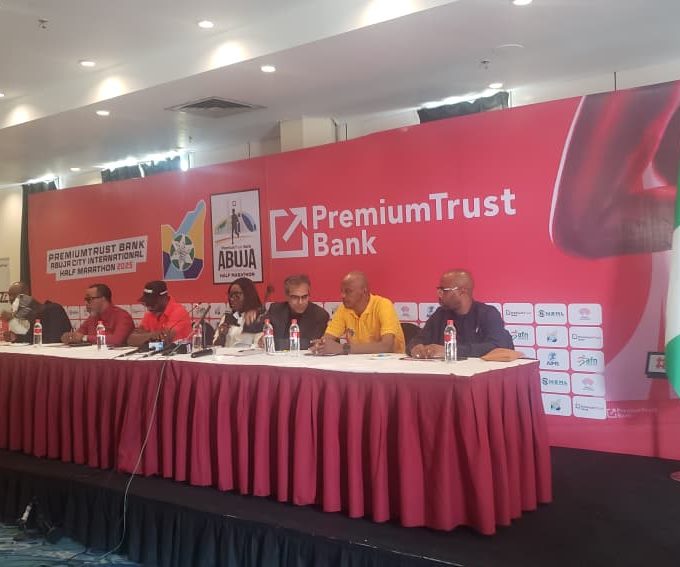










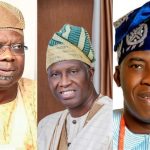



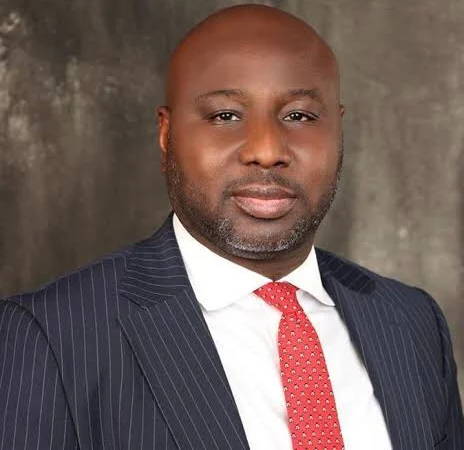
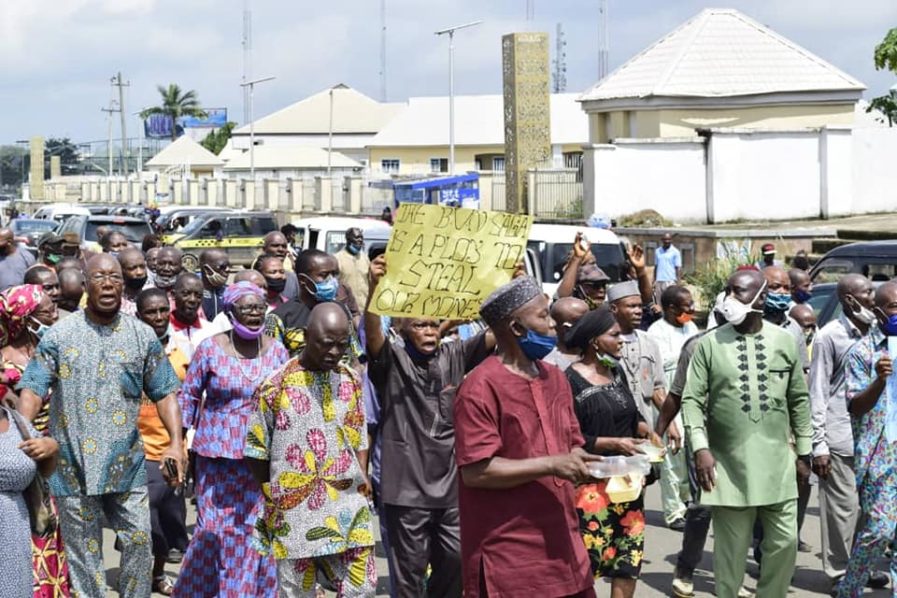



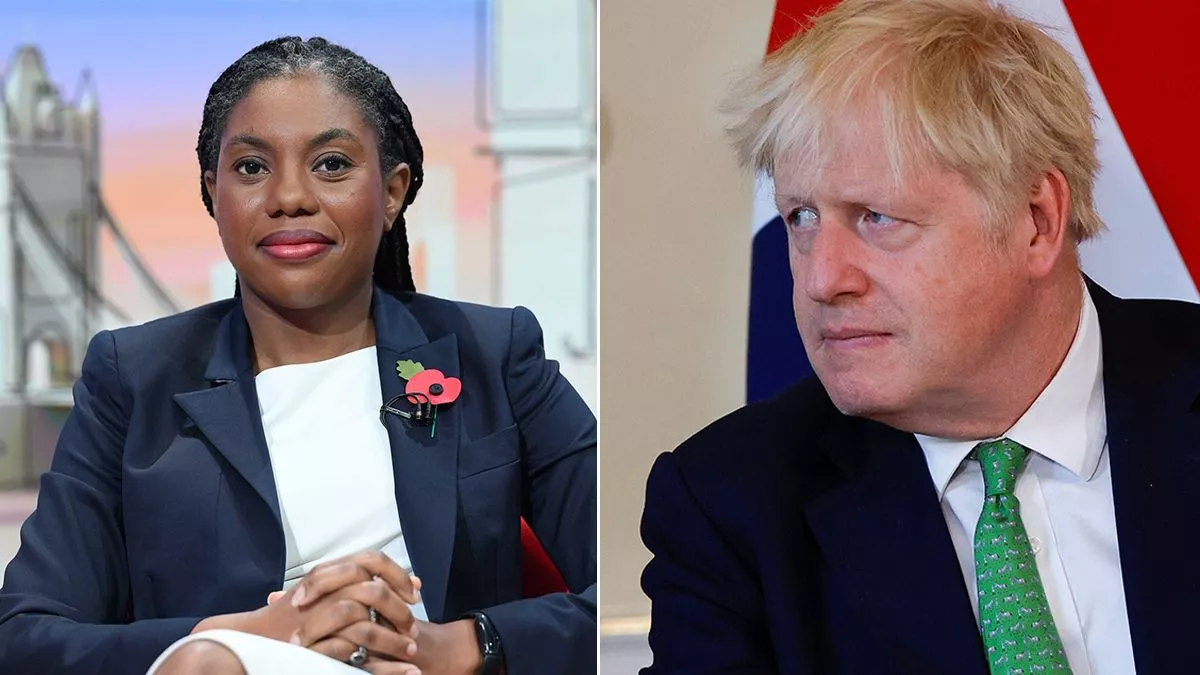
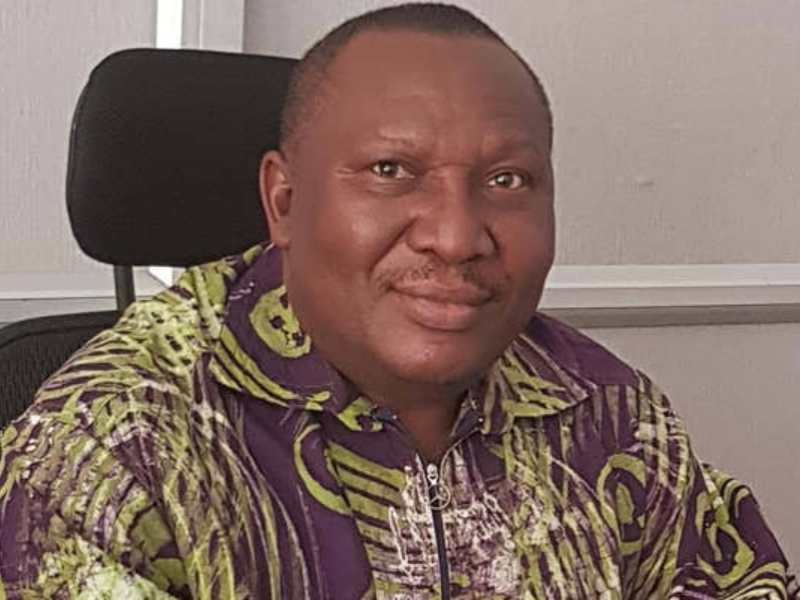
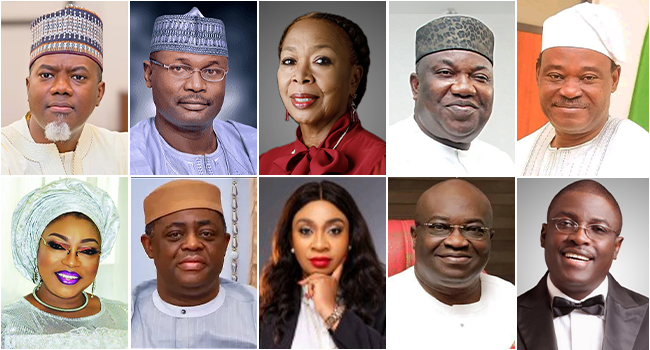

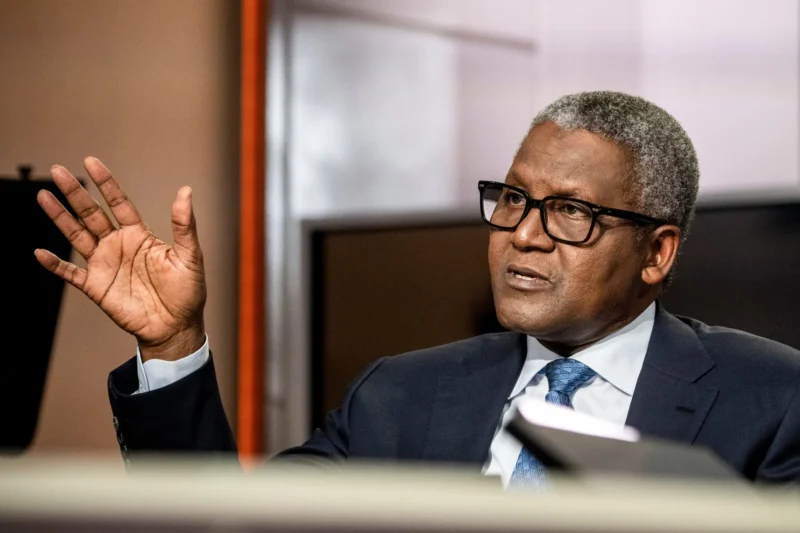
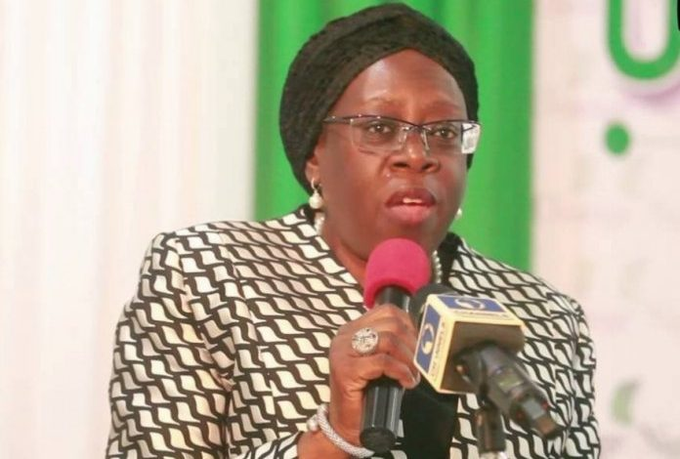

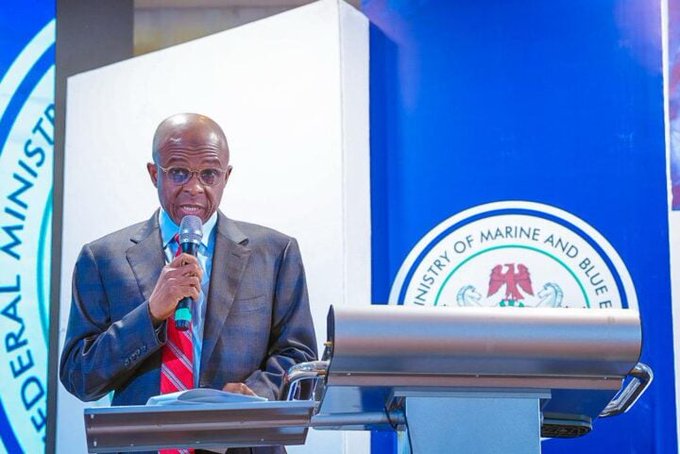
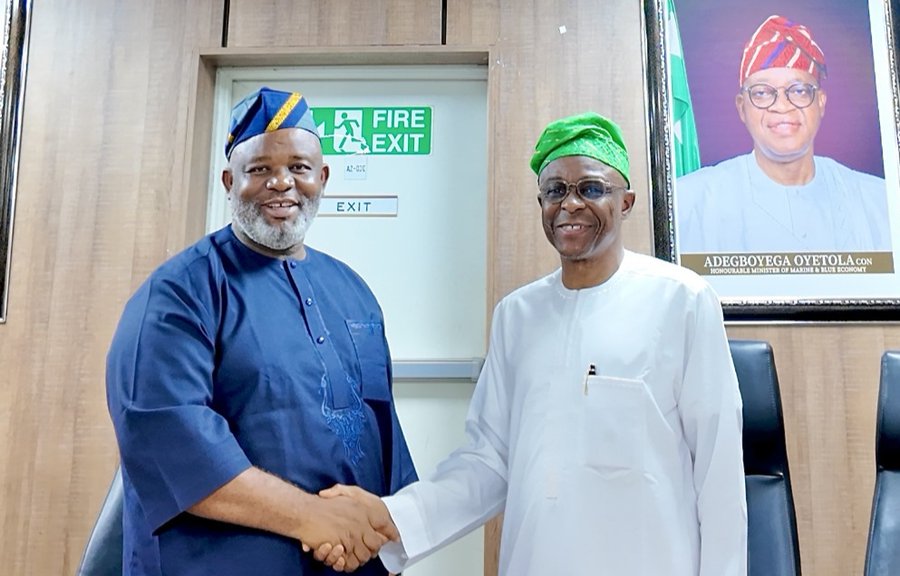
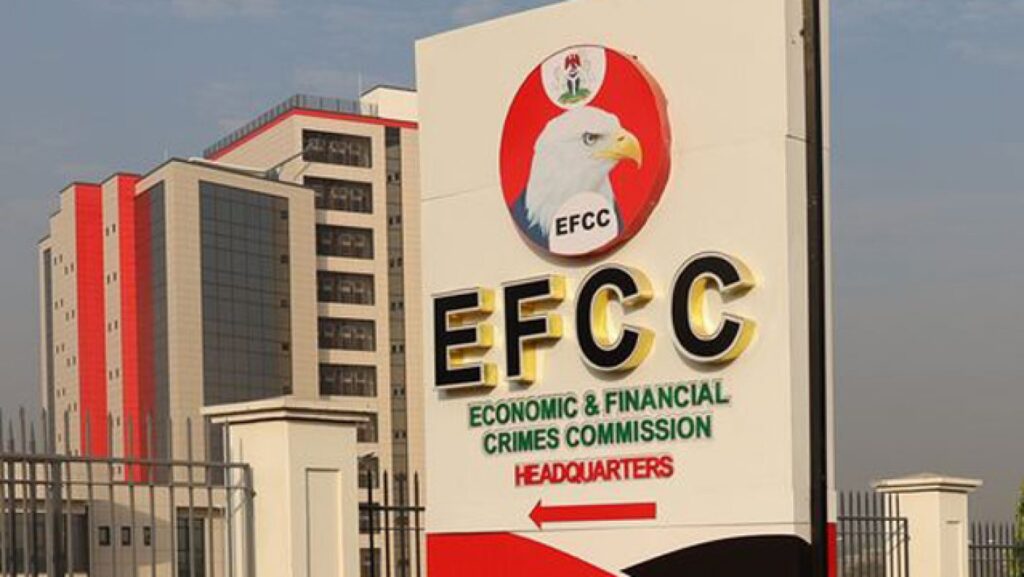


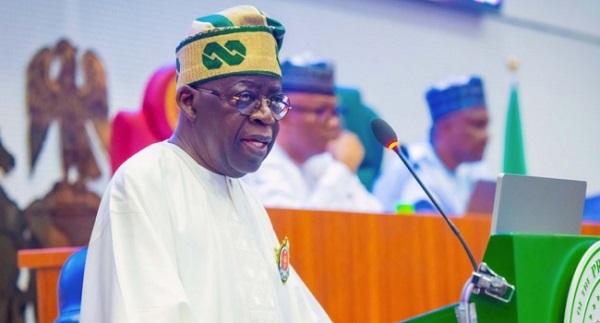
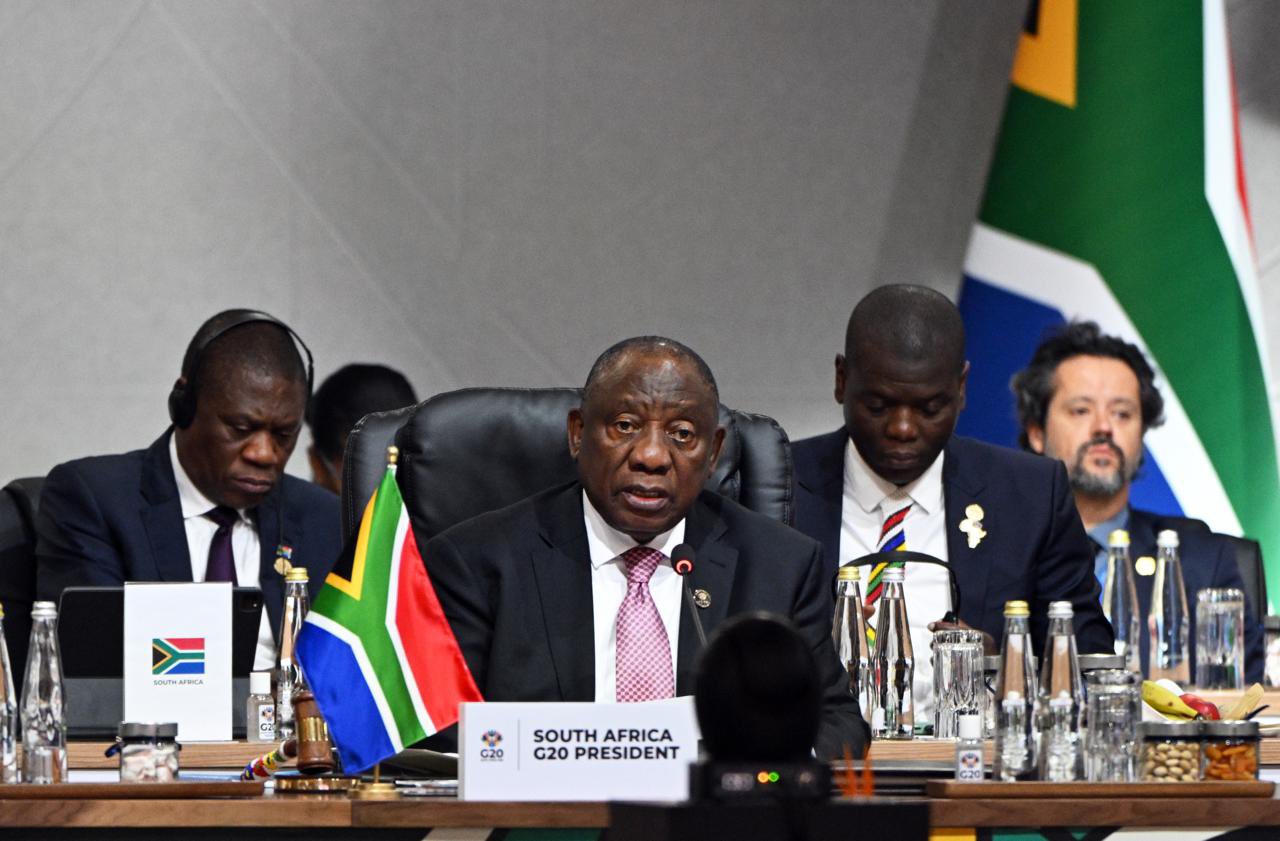
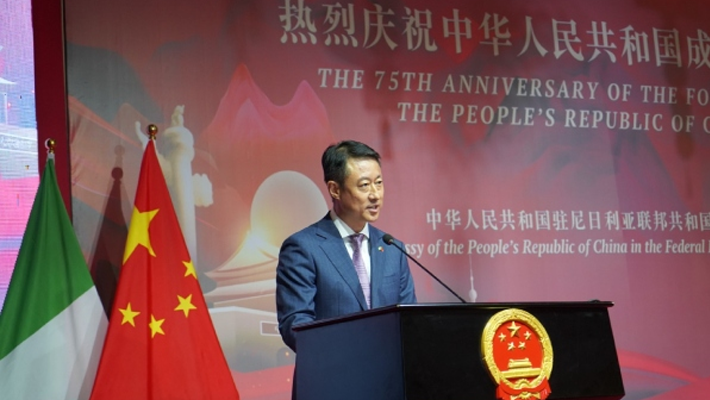
Leave a comment